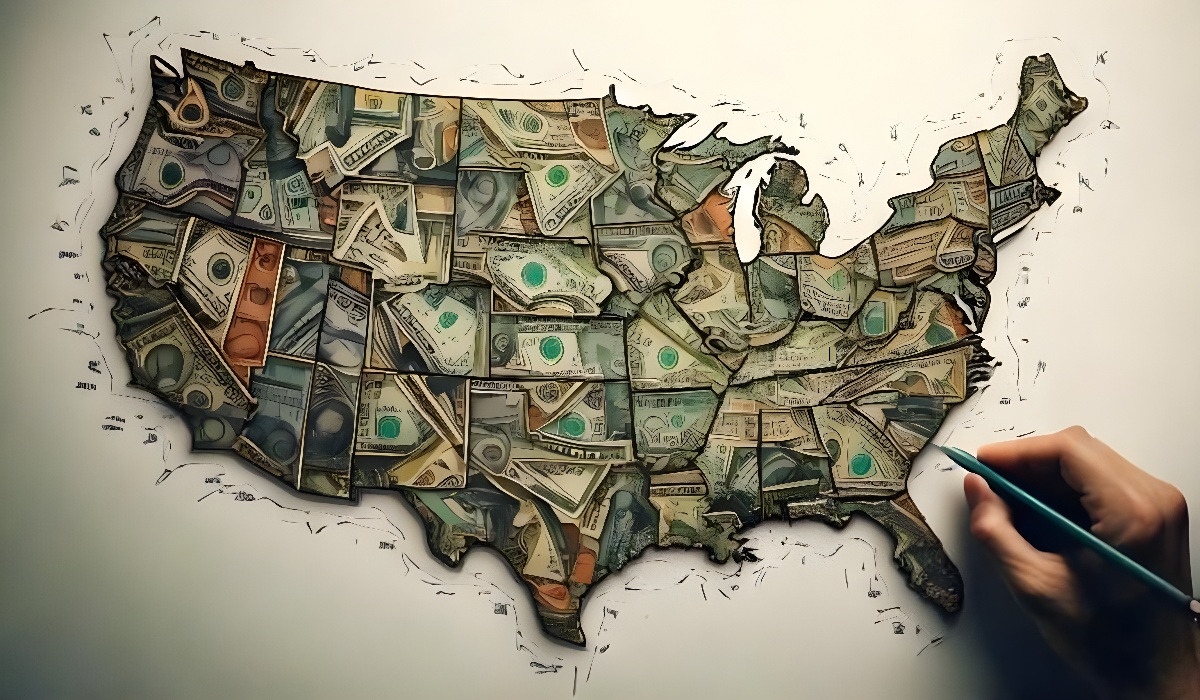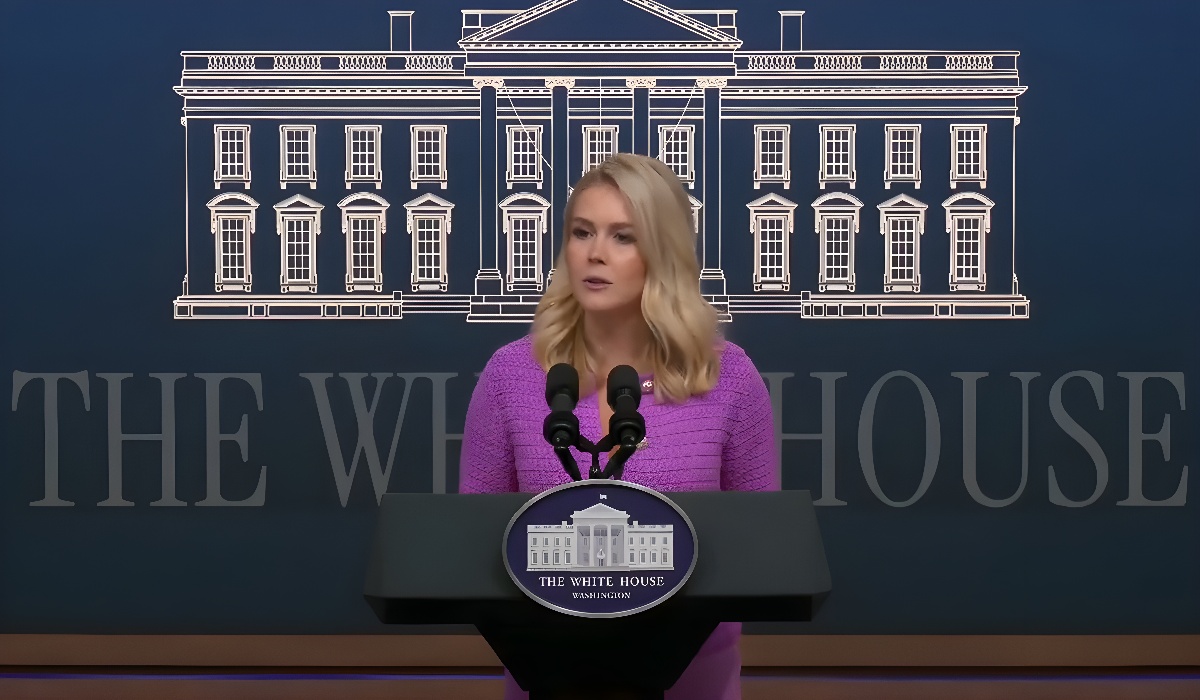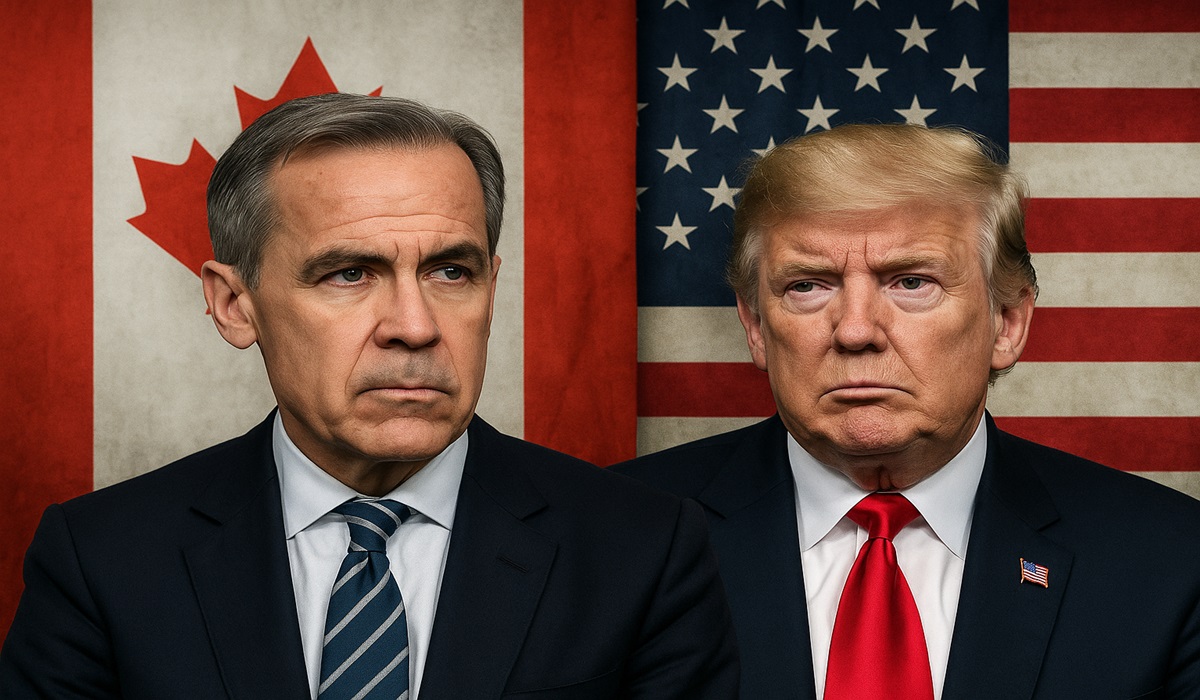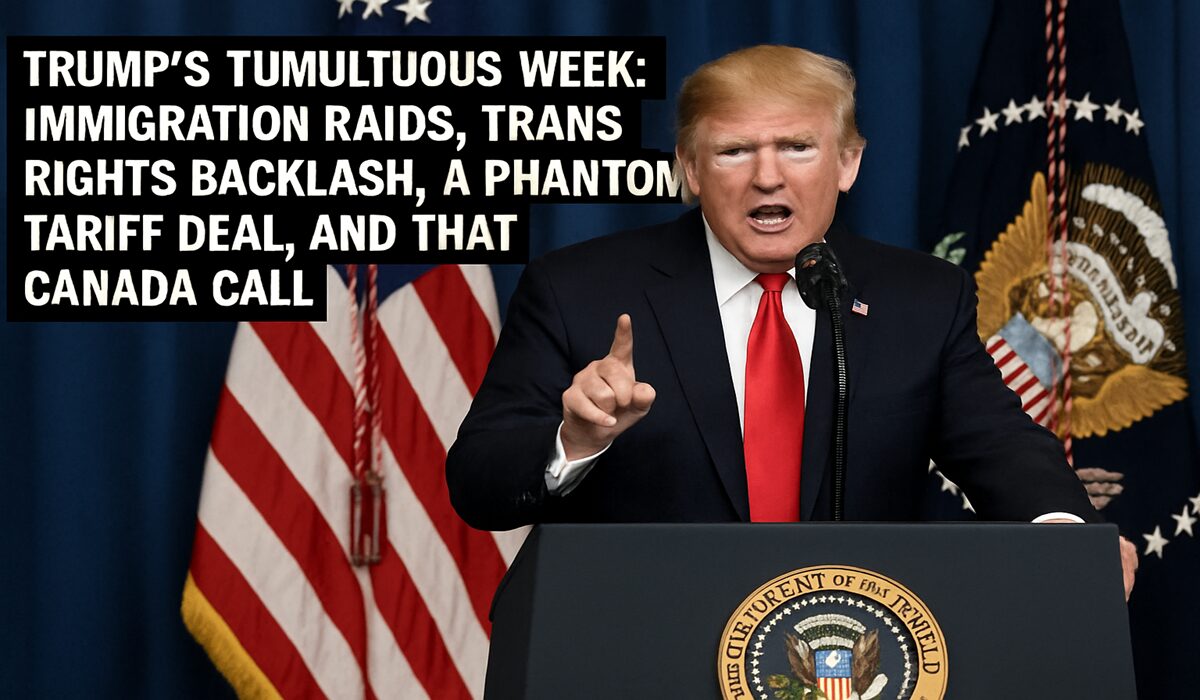What Would Happen If Donald Trump Canceled the $36.2 Trillion National Debt?
- Naomi Dela Cruz
- U.S.A
- January 26, 2025

If Donald Trump were to cancel the $36.2 trillion national debt, the consequences would reverberate through every corner of the economy, shattering the foundation of global finance. The U.S. debt is not just an accounting figure; it is the backbone of trust in the American government and the global economy. That trust underpins the dollar’s role as the world’s reserve currency and ensures the smooth operation of international trade and investment. Breaking that trust would unleash a wave of economic instability that no nation would escape.
The American taxpayer, often portrayed as the victim of excessive government borrowing, would not emerge unscathed from such a decision. Interest payments might cease, but the government’s inability to borrow would lead to catastrophic cuts in public programs and services. Tax hikes, aimed at compensating for the lost borrowing capacity, would hit households and businesses hard, plunging the economy into a spiral of austerity and recession. Any illusion of relief would quickly be replaced by the harsh reality of economic turmoil.
The bond market, the cornerstone of global investment, would be destroyed overnight. Treasury securities are the bedrock of countless retirement accounts, institutional portfolios, and foreign reserves. Wiping out their value would erase savings, destroy financial institutions, and permanently tarnish the U.S.’s reputation as a reliable borrower. Future borrowing, if even possible, would carry exorbitant costs, crippling the government’s ability to respond to crises and fund basic operations.
For nations holding U.S. debt, the fallout would be devastating. Countries like China and Japan, whose economies are deeply intertwined with American financial instruments, would face massive losses, potentially triggering financial crises of their own. The domino effect would destabilize global markets, exacerbating inequality and economic fragility in both developed and developing nations. Meanwhile, the diminished role of the U.S. dollar would open the door for rivals like China to expand their influence, reshaping the balance of global power in ways unfavorable to American interests.
The implications would extend beyond economics. Countries betrayed by the U.S. might resort to retaliatory measures, ranging from trade restrictions to freezing American assets abroad. In the most extreme scenarios, geopolitical tensions could escalate into armed conflict. Financial warfare, already a growing tool of statecraft, could take on new and dangerous dimensions as nations seek to protect themselves from economic collapse.
Such an action would not merely tarnish the U.S.’s reputation; it would obliterate it. Trust takes decades to build but only moments to destroy, and canceling the national debt would mark the U.S. as an unreliable partner, a nation willing to burn the bridges of global cooperation for short-term political gain. It would signal a reckless disregard for the systems that have ensured global stability for decades, leaving the world in a state of chaos and mistrust.
The question is not whether the U.S. could survive such a move—it almost certainly could not—but whether the international community, already fractured and facing numerous crises, could withstand the shock. The fallout from such a decision would not just be economic but existential, forcing a reckoning with the very principles of trust and cooperation that underpin modern civilization. A world destabilized by financial betrayal would be a world on the brink of collapse, and the U.S., far from emerging stronger, would find itself isolated and diminished, a shadow of its former self.








